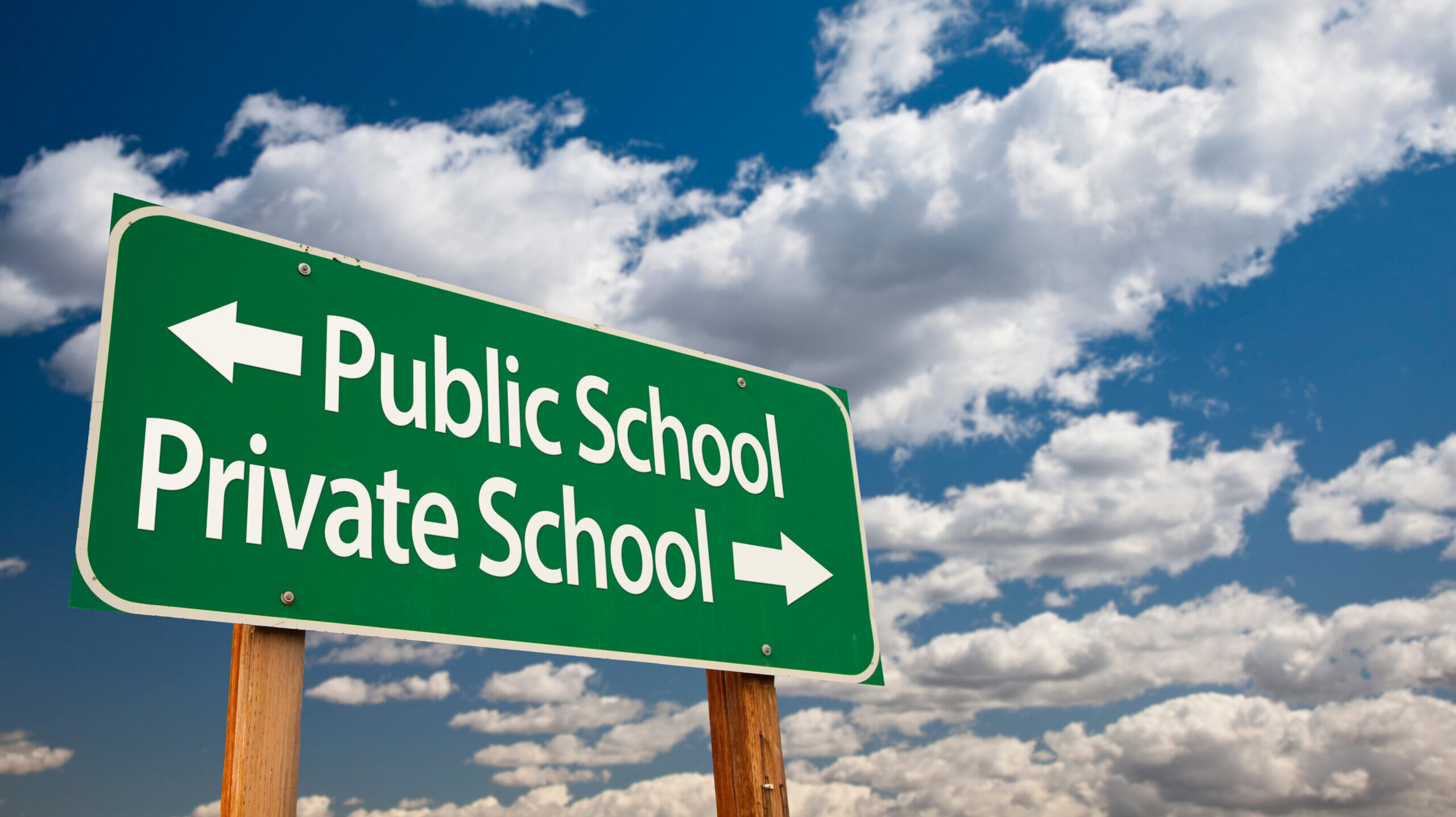The Alabama House Ways and Means Education Committee voted quickly Thursday morning to approve Alabama’s latest version of legislation designed to direct public tax dollars toward private schools.
The biggest change to the bill is a $500 million cap on the program, something public education groups raised concerns about during a public hearing on the Senate version of the bill last week.
With the changes made to the House version, multiple education groups came out as “neutral” on the bill, despite voicing some concerns with the long-term health of the Education Trust Fund.
Education groups had already noted appreciation for the added accountability in Gov. Kay Ivey’s version of the program compared to similar legislation that has been blocked in previous legislative sessions.
The original language creating a $100 million minimum appropriation is preserved in the legislation, but new language would require 90 percent of the previous year’s funding to be taken up in order for the Legislature to make an increased appropriation.
Families could have up to $7,000 of expenses per student covered at participating schools, and up to $2,000 per student for homeschoolers, capped at $4,000 per family.
For the first two years of the program, only families making up to 300 percent of the federal poverty level would be able to apply, or about $75,000 per year.
The first 500 students allowed to access the benefits must have special needs, and students of military families in schools with a “D” or “F” on the Alabama State Department of Education report card would also get an early opportunity to participate.
Committee Chair Danny Garrett, R-Trussville, is carrying the bill through the House, as Ivey has declared the program her top priority in this legislative session.
“The purpose behind this legislation is to provide opportunities that are not currently available to parents to use a portion of their tax dollars to choose a school that best meets the needs of your child, whether that be for academic, social, emotional, environmental, mental health, or perhaps bullying reasons,” he said. “The CHOOSE Act will provide an opportunity for students to learn and thrive in an environment that is best meets their needs.”
There are still some who question whether this program will leave behind the state’s poorest students while benefitting the wealthiest families.
“Last night, I took a look at a map of where private schools are in the state of Alabama and the children most hurt by this bill will be the lowest income, most rural children in this state whose parents cannot afford the resources to support private schooling, even if private schools were available to them,” said Carol Gundlach, senior policy analyst at Alabama Arise.
The voice vote Thursday was along party lines, setting up the potential for a showdown between the Republican supermajority and Democrats if the bill is brought to the House floor next week.
Democrats have criticized the bill, stating concerns that the funding being directed to the program could be used to eliminate the state’s tax on groceries or better fund public education. They have also voiced concerns that the program amounts to a tax break for the wealthy and that the state’s lowest income students will be unable to benefit from the program due to lack of transportation, lack of private school options, lack of free and reduced school lunches and lack of ability to pay for tuition fees above and beyond the $7,000 covered by the state.






















































